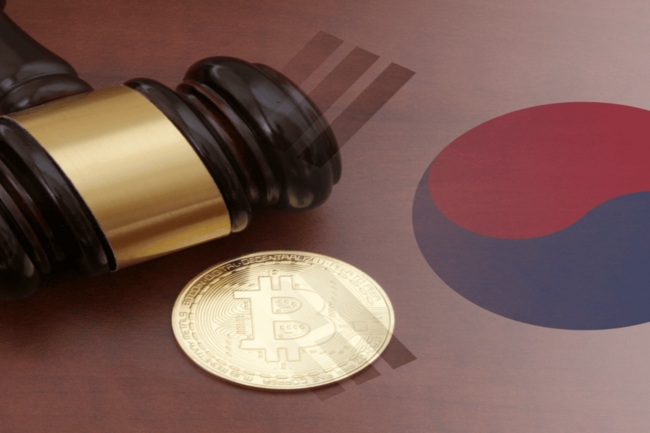Highlights:
- South Korean regulator plans to inspect crypto exchanges and wallets for illegal transactions and compliance issues.
- The probe will involve two major South Korean exchanges.
- The FSS aims to identify and eliminate fraudulent or illegal transactions
South Korea’s Financial Supervisory Service (FSS) is ramping up its efforts to combat illegal transactions in the cryptocurrency sector. The regulatory body has recently unveiled plans to inspect various cryptocurrency exchanges and wallet services to ensure adherence to legal standards.
According to a Tuesday announcement, the FSS will examine two Korean won-based crypto exchanges where “unusual cases” were previously identified. Furthermore, three additional digital asset exchanges and one crypto wallet service will also be subject to the regulator’s scrutiny.
This action represents the first inspections of virtual asset service providers (VASPs) since the Virtual Asset User Protection Act was implemented in July. The act enforces severe penalties, including life imprisonment, for individuals engaged in illicit cryptocurrency transactions exceeding 5 billion won ($3.7 million).
Korean financial regulator to conduct first inspection on crypto businesses
South Korea's Financial Supervisory Service (FSS) is set to conduct its first inspections on virtual asset service providers (VASPs) following the July implementation of the Virtual Asset User Protection…
— CoinNess Global (@CoinnessGL) September 3, 2024
According to a report by Newsis, the FSS is paying special attention to major exchanges such as Upbit, Bithumb, Coinone, Gopax, and Korbit. Additionally, the FSS will broaden its oversight to include additional market participants, such as the Coin Market Exchange and various wallet and custodian services.
FSS Focus on Compliance and Security
During the inspections, the FSS will evaluate exchanges for any indications of illegal or suspicious transactions, ensuring that all crypto providers comply with regulatory requirements. This includes verifying measures to protect virtual assets and maintain thorough transaction records.
The regulator has stressed its dedication to preserving market integrity through rigorous enforcement actions against any illegal activities uncovered during the inspections. Additionally, the FSS intends to propose regulatory changes to address any system deficiencies identified during the process.
FSS stated:
“The FSS will establish market order through stern punishment against illegal activities that may be identified in the process of its inspection, and will push for the revision of regulations if necessary by identifying the areas in the system where improvements are needed.”
Additionally, the FSS will inspect operators with weak financial positions and insufficient internal controls regarding crypto storage. A major focus of these inspections will be ensuring compliance with asset management regulations and protecting user assets.
The regulator noted:
“We will check the appropriateness of the contents of management contracts with management agencies such as banks, and the reasonable calculation and payment of deposit usage fees.”
South Korea Joins Global Crackdown on Telegram
On September 3, Yonhap News reported that the Seoul Metropolitan Police Agency has initiated a preliminary investigation into Telegram for allegedly “abetting deepfake sex crimes.” Woo Jong-soo, head of South Korea’s National Office of Investigation, stated that the South Korean police had begun an internal investigation into Telegram’s corporate entity before formally proceeding with the inquiry.
Woo highlighted potential challenges in the Telegram investigation, particularly difficulty obtaining user account information. Telegram does not readily provide investigation data, including account details, to South Korean or other state investigative bodies, such as those in the United States. To advance the investigation, South Korean police plan to work with French authorities and international investigators to explore methods for probing Telegram.





